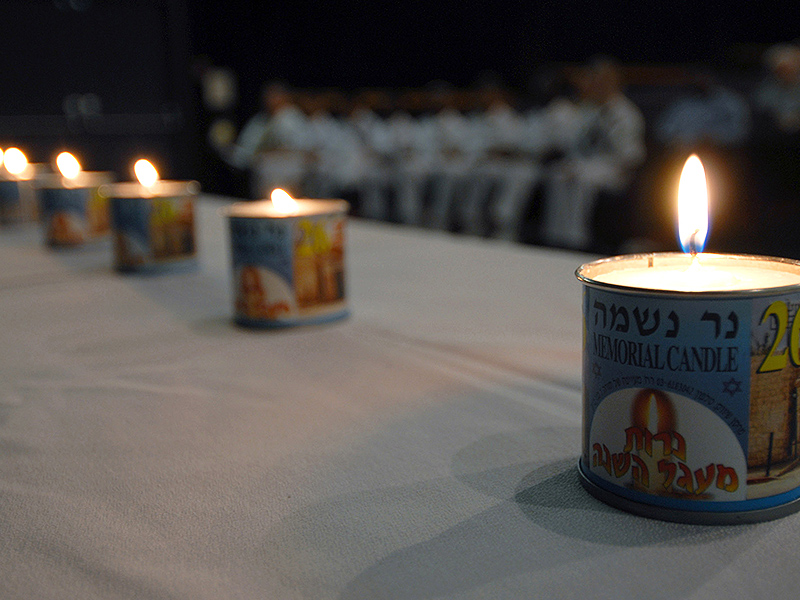How often do we find ourselves at a shivah and completely dumbfounded by what to say to the mourners? This is not unusual at all. In fact, there are those who choose not to go to shivah houses at all rather than going and having to figure out how to manage themselves and their conversation with those who are grieving.
Shivah is indeed a challenge, not only to the visitors, but also to those who are sitting. How often have you heard from a mourner, “People said the strangest things to me”? When asked for an example, you might hear from a parent who has lost a child, “Someone told me how lucky I was that my child is now sitting at the feet of God.” Know that this statement is not comforting – generally – and it is your role at a shivah to help the mourners feel more peaceful.
Similarly, an elderly man who lost his wife told me that a shivah visitor said to him, “You must be so relieved.” He expressed to me while there was relief in knowing his wife was out of pain, it stopped there. There was no relief in being apart from the apple of his eye and feeling alone in the world. Think through dramatic statements prior to making them.
So what do you say at a shivah?
First, do a search online for “What do I say at a shivah?” You’ll discover Shiva.com, a helpful website dealing with every conceivable aspect of shivah, including what to say as a visitor. Some advice the site gives is that one should go to the mourner immediately upon arrival and give them a hug, kiss or handshake. In other words, dive right in. Sitting around watching will make you more anxious. Say something like, “I was sorry to hear about” the deceased.
It’s important, according to the site, to mention the name of the person who passed, because “one of the most powerful ways to comfort mourners is to encourage them to remember their loved one.”
I would suggest, if you are able, telling a story or offering a beautiful thought about the individual who died. Say something about what you may be privy to, such as their philanthropic nature or the quiet kindness they shared with others. Tradition states that the person or people sitting shivah should initiate the conversation. Telling a story helps with that, a sort of “I don’t know if you know this but…” On the flip side, the person who is sitting shivah can ask visitors if they have something significant to tell. I have done that at the shivahs for my parents and was often rewarded with information I will cherish forever.
READ: SAYING KADDISH FOR THE FIRST TIME
The shivah house is meant to be comforting. It can, however, be very stressful for all involved, because of the crowds and intensity of the moment. Knowing that, as a visitor, be gracious, warm and empathetic. If you just don’t feel right at a shivah, express your feelings to those who are sitting, then stay for a few minutes and say “I wish you well” or “You should only celebrate simchahs,” and leave.
If you want to stay, or can stay, you might also ask questions about the individuals who died. Be naturally curious. And once again, share the beautiful stuff you know. Remember: a person is a member of a village, and the members of that village are like the archivists for others.
We should all only have celebrations in our lives, but when we don’t and a shivah call is warranted, be prepared.
Contact Avrum Rosensweig here.
